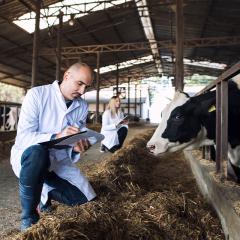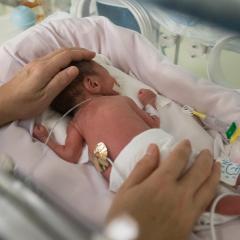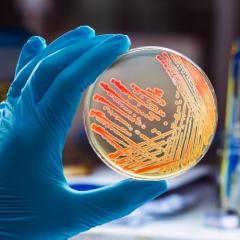New discoveries to fight superbugs
One of the biggest threats to our health today is antimicrobial resistance - when harmful bacteria and fungi that cause infections become resistant to the medicines we use to kill them. It is not a future problem. A 2022 report tallied 1.3 million deaths around the world directly attributed to infections caused by resistant bacteria, with nearly five million deaths associated with antibiotic resistance.
The effects on global society of increasing antibiotic resistance will be immense
- Common medical treatments will become too risky to perform - antibiotics are administered after most invasive medical procedures.
- All life on earth would potentially be affected - antibiotics are used widely in animal production and animal welfare, including aquaculture, and have even been used to treat bacterial diseases in plants.
- Economic devastation is imminent with inaction - antibiotic resistance could cost the global economy up to US$100 trillion by 2050. In Australia, a recent study found that resistance in the bacteria that cause urinary tract infections would cost an estimated $1.6 billion per year by 2030 without action.
Despite the far-reaching and immense effects, antibiotic resistance research remains significantly underfunded compared to other areas of medicine such as cancer and heart disease - neither of which will be safely treatable if we don’t overcome increasing antimicrobial resistance rates.
There is significant reason for hope
UQ and IMB are the leading global research option to deliver drugs and cures. This is due to the powerful combination of co-locating the world’s leading experts in infectious disease, an unprecedented record for translating viable compounds through to clinical trials, and the largest and most comprehensive compound screening solutions anywhere on the globe.
Overcoming antibiotic resistance
Imagine a world where antibiotics never fail against the threat of infections and viruses. IMB researchers have imagined this future and are daring to make it reality.
See our Research Groups
How you can help prevent the next superbug
Always follow your health worker's advice
Prevent infections by regularly washing hands
Keep vaccines up to date
Prepare food hygienically
Choose foods that have been produced without the use of antibiotics
How do bacteria actually become resistant to antibiotics
Antimicrobial resistance is one of the biggest global threats to health, food security and development. Here are the four ways in which bacteria have learnt to adapt and become resistant.
Support our research
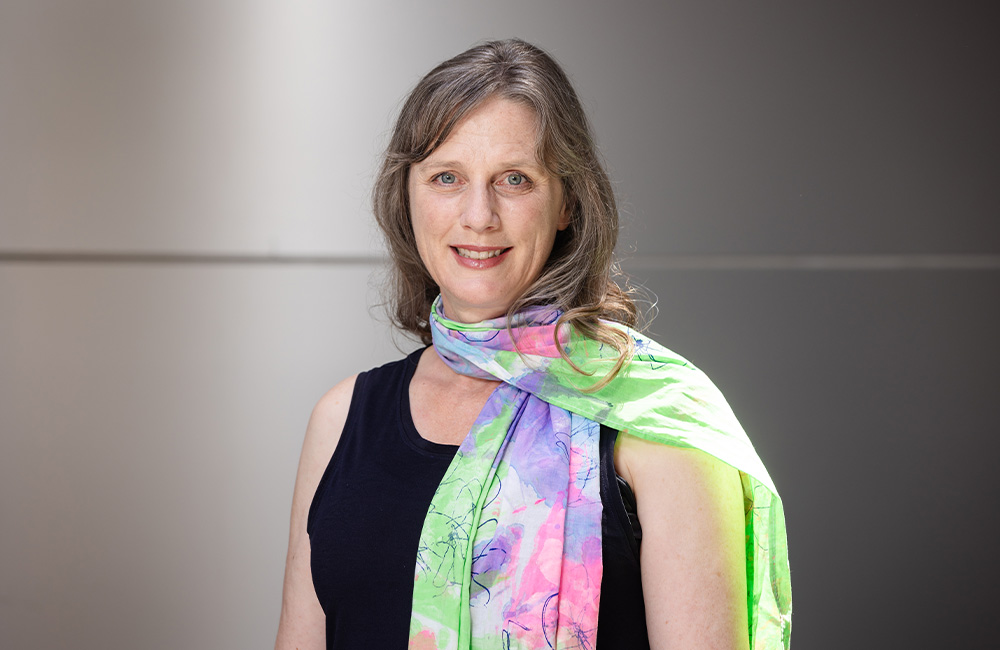
Be part of the journey to discover the next antimicrobials
One of the most effective ways to make a difference and leave a lasting legacy is to donate to our research. You can make a donation to our research fund or a particular researcher and their lab. 100% of all donations go direct to the cause and are tax-deductible.
For more information please reach out to our Head of Advancement at IMB, Wendy Mansell on w.mansell@imb.uq.edu.au or +61 7 3346 2222.
Get involved

Soils for Science | A new era in the discovery of life-saving medicines
Soils for Science is an Australian-first citizen science program dedicated to finding new antibiotics needed in the fight against the scourge of drug-resistant infections, better known as superbugs.
More than half of all antibiotics available worldwide have been developed from microbes found in soil and nature, and Australia is one of the most biodiverse environments in the world, spanning beaches, rainforests, wetlands and deserts.
This vast, untapped landscape is ripe for the discovery of microbes that could be developed into new antibiotics, anti-fungals and other medicines.
Find out more
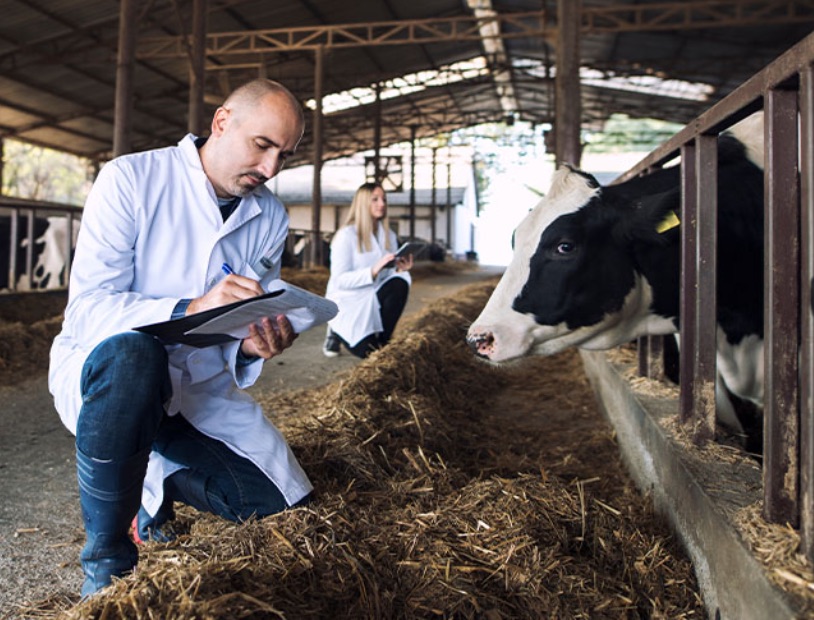
CEA StAR to target antimicrobial resistance
The Centre for Environmental and Agricultural Solutions to Antimicrobial Resistance (CEA StAR) was established to build Australia’s capability in addressing AMR.
In collaboration with industry, the Centre will train the next generation of antimicrobial research scientists.
The Centre’s research programs will investigate novel new antimicrobials, explore ways to improve the health of livestock without the use of antibiotics, and identify, remove and/or treat contamination in the environment.
Do you have the next antibiotic?
CO-ADD is a not-for-profit initiative led by academics at The University of Queensland. Their goal is to screen compounds for antimicrobial activity for academic research groups for free. They aim to help researchers worldwide to find new, diverse compounds to combat drug-resistant infections.
Latest antimicrobial resistance news
-
-
Bacteria behind meningitis in babies explained
17 April 2024 -
Revealing what makes bacteria life-threatening
22 February 2024
Subscribe to our newsletter
Get the latest research straight to your inbox.
Stay up-to-date as we answer questions about hot topics, and share the latest news at IMB, Australia’s #1 research institute.
General enquiries
+61 7 3346 2222
imb@imb.uq.edu.au
Media enquiries
IMB fully supports UQ's Reconciliation Action Plan and is implementing actions within our institute.
Support us
Donate to research
100% of donations go to the cause

